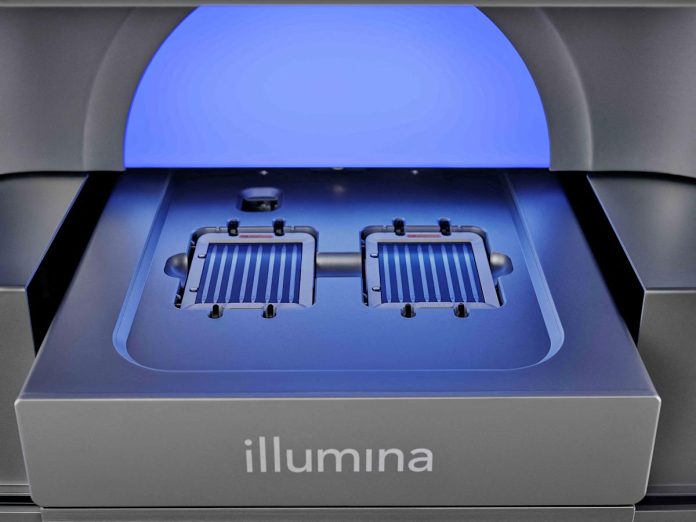Genetic sequencing company Illumina (ILMN) has had a rough few years. It has battled activist investors, faced off with the Federal Trade Commission, and, most recently, agreed to a $9.8 million settlement with the Department of Justice over a cybersecurity breach.
To add to the pile: sanctions in China and the Trump administration cutting National Institutes of Health (NIH) funding, which the company relies heavily on for clinical research.
The numbers don’t lie. The stock is down more than 21% in the past year and sank more than 11% in after-hours trading Thursday after the company reported an earnings miss for the second quarter. The company reported $1.06 billion in revenues compared to expected revenues of $1.05 billion. Adjusted earnings per share came in at $1.19 compared to estimates of $1.01.
But CEO Jacob Thaysen told Yahoo Finance he remains positive about the company’s near-term growth. Why? Because, in part, pharmaceutical companies can provide a new market.
“Now, we’re shifting from small things to really big programs. Some of the things making up for the reduction from the NIH is kind of indirect, but pharma is getting more interest in these big programs,” he said, noting that 15% of the company is exposed to government research funding.
“It’s not only about sequencing itself, but really using massive amounts of data … to really identify new drug targets and understand a disease,” Thaysen said.
The idea to use patient data to help the pharmaceutical world was also identified by 23andMe, which recently came out of bankruptcy through a nonprofit led by founder Anne Wojcicki. Thaysen said that unlike 23andMe, which he has worked with, his company is not going to pursue drug development on its own.
“We have a lot of pharma companies that are very excited to work with us,” he said.
In addition to genetic testing of patient samples, the company is looking at growing in the preventative side of care with cancer screenings. The oncology business, Thaysen said, will have healthy growth over the next 10 or so years.
China banned importations of the San Diego-based company’s sequencing machines earlier this year as part of its retaliatory actions to Trump’s tariff war. Thaysen said he is working with regulators to try to reverse that, but “in the meantime, that business is declining, and we are expecting it to be flat.”
In fact, though China has historically been about 10% of the company’s business, it contributed to half of the decline in earnings this past week. “China was never a huge part of Illumina’s business. When it was the largest, it was just around 10%. We’re down to 5% of the business,” Thaysen told Yahoo Finance.

